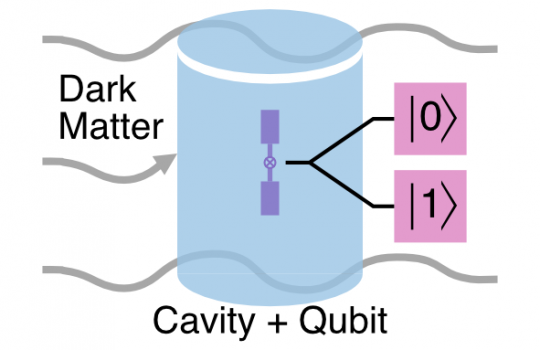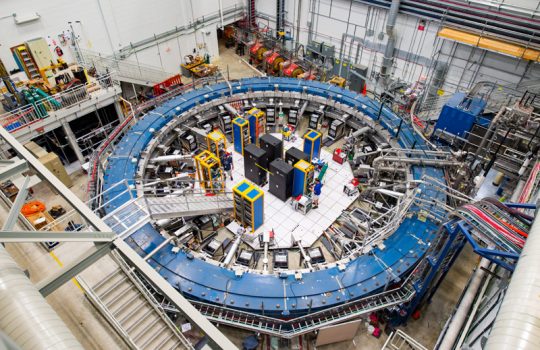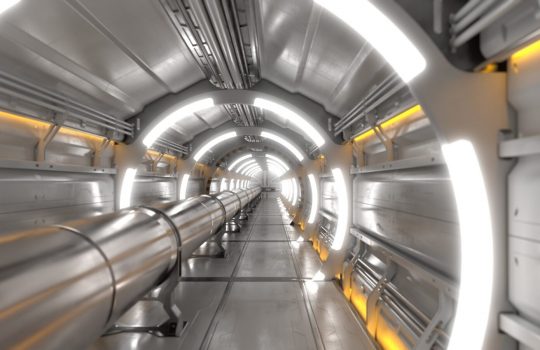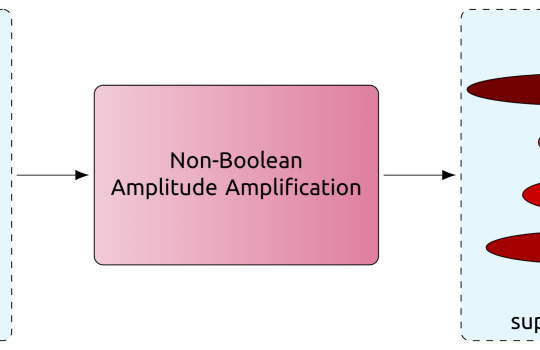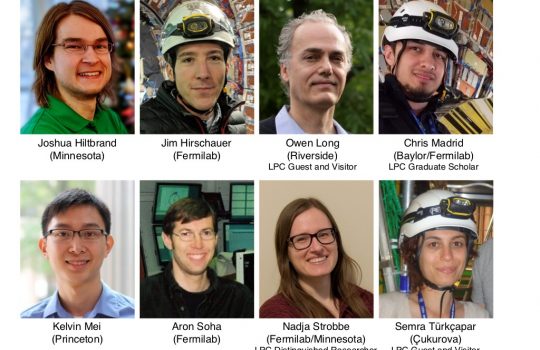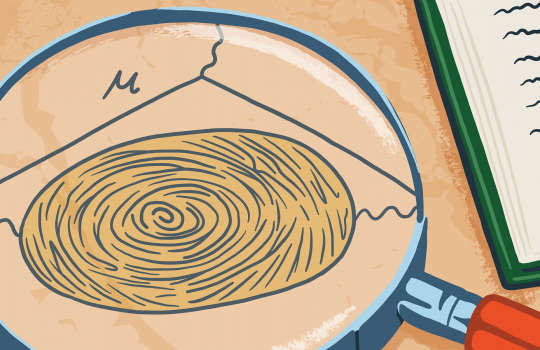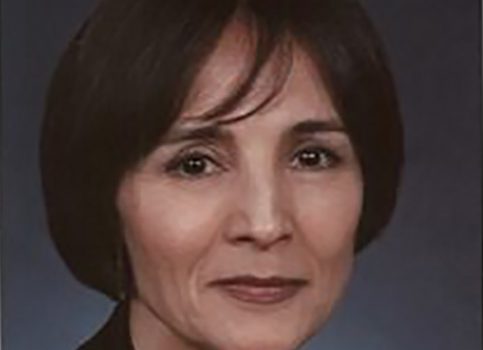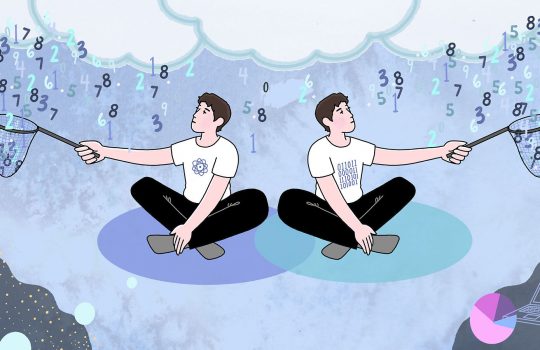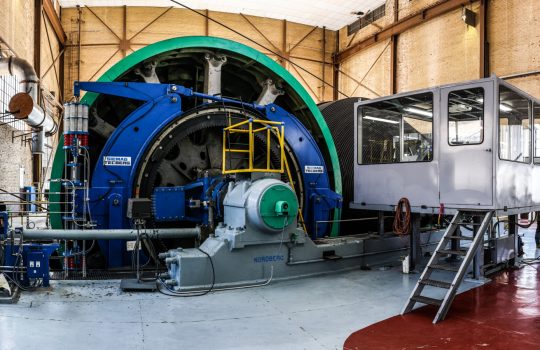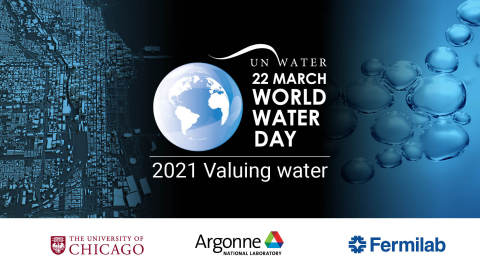Sensitive qubit-based technique to accelerate search for dark matter
Quantum bits acting as particle detectors offer a fast and highly reliable means of solving one of the great mysteries in physics: the nature of dark matter. This new method promises a more efficient way to detect dark matter candidates by improving the experimental signal-to-noise ratio.

